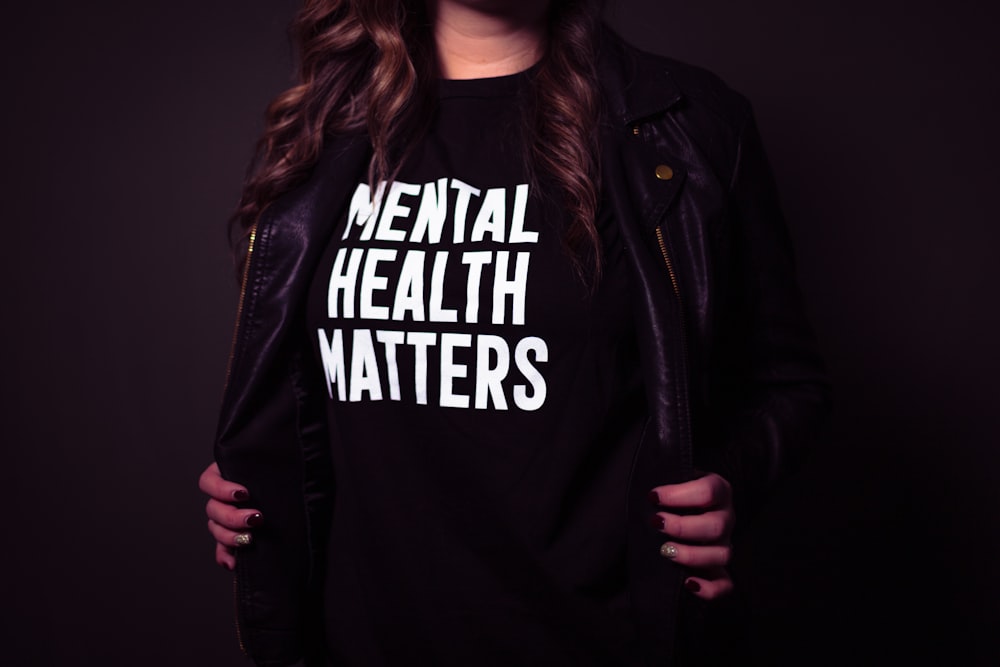Kristin Raworth: Expanding MAID without expanding supports just encourages suicide
There may be days where someone really feels like they need to see their therapist, but they just can’t cover the bill.
By: Kristin Raworth
On December 2nd, 2021, my stepmother passed away using Medical Assistance In Dying (MAID) after a long battle with a form of Parkinson’s called multiple system atrophy. As I have spoken about here before, my family was grateful that she had the opportunity to end her life on her terms and free from pain. When I began to share my story, I did so because a year ago it seemed like MAID was some sort of shameful experience that so many people didn’t feel comfortable talking about.
That has certainly changed.
In the year since my stepmother’s death, stories about experiences with MAID have been everywhere, but not in a way that highlights the agency of the person dying, but rather those experiences that display the opposite. We have seen cases of people requesting MAID not because death is imminent or foreseeable, as the legislation originally required, but because they lack the financial capacity to access the care or the housing they require. We have seen veterans trying to access supports at Veterans Affairs only to be advised to look into MAID instead. This is a debate that is sure to intensify as we get closer to March 17, 2023. That is the date that MAID law will change to allow for those whose sole underlying condition is mental illness to qualify.
I am, quite publicly, on the record as supporting MAID. But this next step toward expanded access is taking place without a concurrent discussion of mental-health supports. The public dialogue (and political attention) has focused on childcare assistance or expanded dental care. In the wake of a pandemic that has done so much harm to our collective mental health, we are ignoring how cost prohibitive it is to access real mental-health help in this country.
I suffer from complex post-traumatic-stress disorder as a result of prolonged physical and sexual abuse. In many ways you wouldn’t think that this conversation would even impact me, because like many struggling with mental health I am high functioning. I have a good job, with good benefits. With the support of therapy and medication, I am, for the most part, totally fine. However, like many in this country, especially given rising inflation and costs of living, I feel the pinch. My benefits cover one thousand dollars of therapy a year, which sounds like a lot but actually amounts to only five sessions. I require more than that. I do not, however, qualify for any kind of government support because of my relatively high wage. Even for people like me, when we are also forced to cover rising interest rates, grocery bills, housing costs and the general inflationary upward pressure on everything, money can be tight at the end of the month. There may be days where someone really feels like they need to see their therapist, but they just can’t cover the bill.
And for those who do qualify for subsidized supports? They are looking at massive waiting lists. In Alberta, to access free counselling through most sexual assault centres involves a wait time of upwards of five or six months. For a survivor in crisis, that is a lifetime. Many organizations are begging for funding support that never seems to materialize. In the meantime study after study shows the long-term negative impact if a survivor doesn’t get support. They are more likely to have increased negative mental-health outcomes, more likely to engage in self-harm or addictions and more likely to have interactions with the justice system.
Coming out of a pandemic that we know has impacted people’s mental health, we as a society should have been in a position to make huge investments into supports and services and subsidies to ensure that everyone could get the health care they need. Instead, in a few months people who desperately need care and support might opt to die instead.
I support MAID as an alternative for people in incredible pain who are facing an even more painful death. I have seen the checks and balances of the current process and am confident in how it approaches these very delicate cases. How can we possibly make the same argument when we are talking about people with mental-health issues? If there had been even a chance that my stepmother’s disease could have been stopped, reversed or controlled then we would have done anything to prevent her death. The last year has been heartbreaking for us as we try and become normalized to a world without her.
But we didn’t have that hope. People with mental-health struggles do: our government just doesn’t want to invest in them.
This government needs to slow down the expansion of MAID, especially given the working group they have struck can’t even decide on appropriate guidelines or safeguards. They need to invest in mental-health supports across the country by looking at directly funding organizations, and subsidizing mental-health support as they are beginning to do with dental care; or they can directly increase subsidies to the provinces for mental-health-care programs.
I have struggled over the years with thoughts of suicide. Thankfully because of the support I have and my access to therapy, I am okay. But many Canadians do not have that luxury. By expanding MAID access without also expanding support, the government is giving up hope on these people's ability to get better, a hope many of us who have gone through MAID with a loved one would have given anything for.
The Line is Canada’s last, best hope for irreverent commentary. We reject bullshit. We love lively writing. Please consider supporting us by subscribing. Follow us on Twitter @the_lineca. Fight with us on Facebook. Pitch us something: lineeditor@protonmail.com

